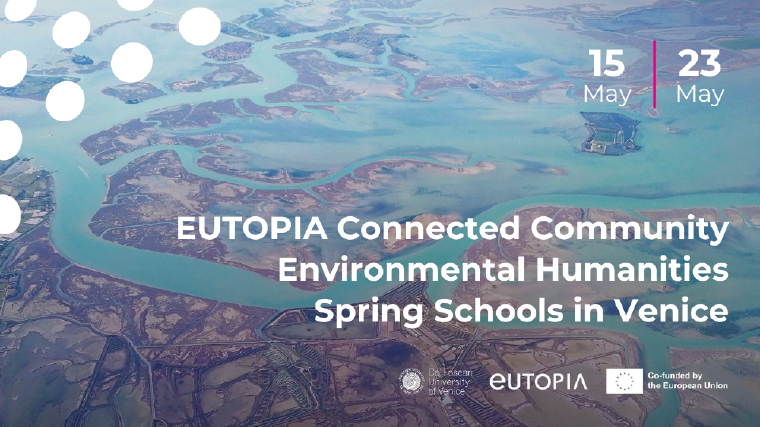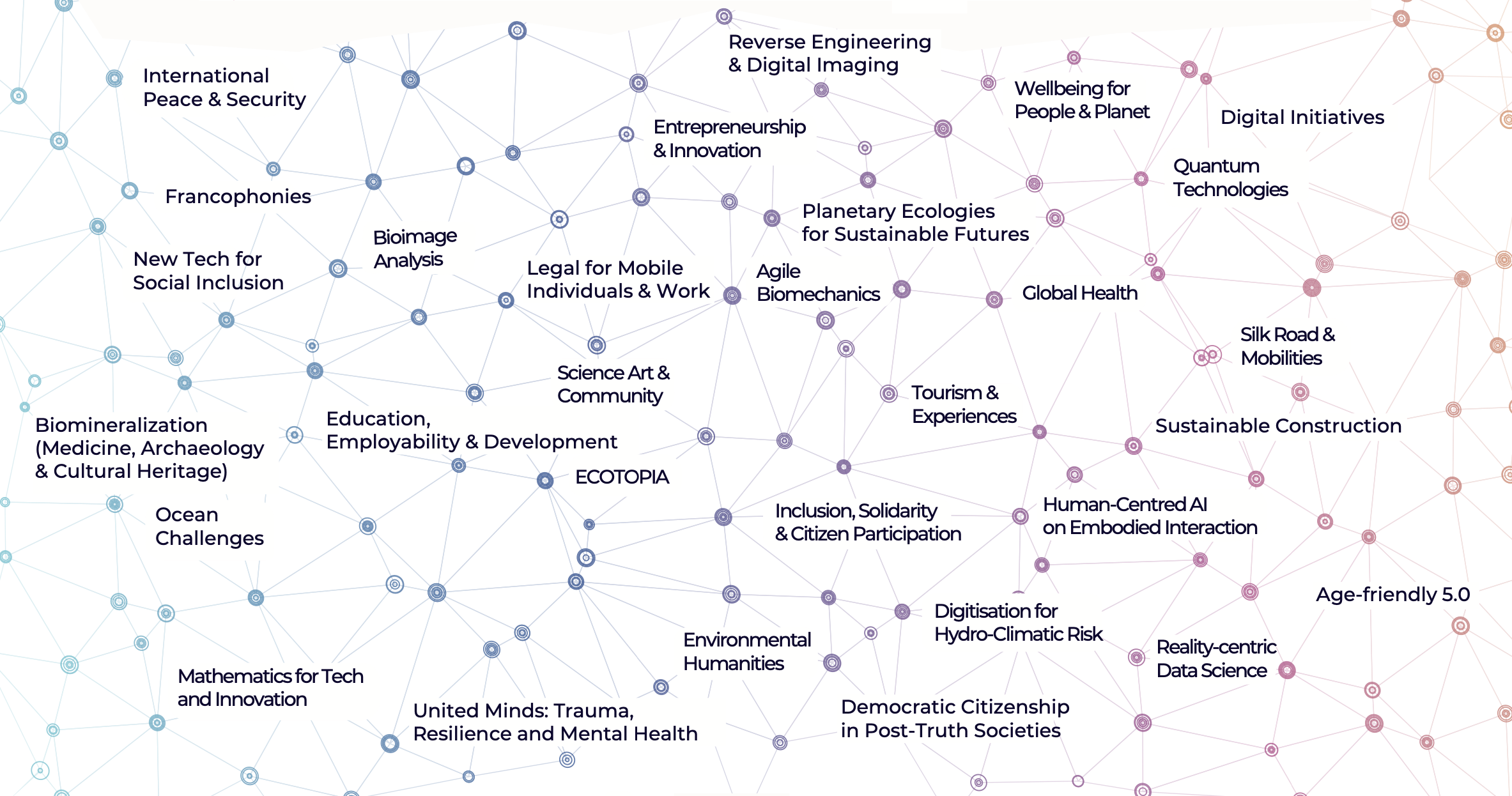
Go to content Navigation Direct access Connection

You are here :

The WP3 Coordinating body ensures the quality and timely delivery of all WP3 tasks and deliverables and maintaining internal coherence across tasks and sub-work packages (SWPs). They work collaboratively as a team, holding regular meetings to exchange updates and discuss developments. The coordinating body is responsible for overseeing documents for WP3 meetings and progress reporting. They facilitate cross-work package cooperation to align WP3 deliverables with broader EUTOPIA initiatives, and track EU policy developments to leverage relevant opportunities for Connected Communities.
Rosette S’Jegers (Rosette.SJegers@vub.be), Kristin Klein (kristin.klein@tu-dresden.de) & Andreea Maris (andreea.maris@gu.se)
The Central Monitoring and Evaluation Officer in EUTOPIA is responsible for designing and implementing a monitoring mechanism across all EUTOPIA Connected Communities (CC). The M&E officer supports the development of communities innovative educational activities, documenting and addressing diverse needs, developing supportive tools, ensuring internal and EU reporting, and strategy by working closely with the coordinating body, the curriculum developer, the research-based learning promoters, YLA and cross-WP to connect, inform and support staff. The role also involves managing and close collaboration with the 10 EUTOPIA MORE local facilitators to support community incubation.
Karen Triquet (Karen.Triquet@vub.be)
The Curriculum Developer supports the educational development in the EUTOPIA Connected Communities throughout their lifecycle. The curriculum developer collaborates closely with the central monitor and local facilitators to organise regular meetings with community leads and partners on partnership development. The developer helps foster engagement and innovation in the development of the connected communities, while providing strategic guidance on consolidating community activities and working with the coordinating body to establish sustainable practices that preserve the value gained as communities reach maturity.
Jo Angouri (j.angouri@warwick.ac.uk)
The local facilitators (one in each university) act as the interface between the central team and the staff and students participating/interested in the CCs and their cross-campus education and research activities. They provide logistical and administrative support to staff in the home university, facilitate staff and students engagement in cross-campus activities, help draft local requests for recognition and showcase community efforts. Local facilitators work closely with the central monitor to gather and report local indicators on the efforts of staff and students, and address a number of operational cross-campus needs that arise in the development of cross-campus activities.
Local Facilitators: UBB Alexandra Csavdari , UNIVE Laura Cappellesso , CY Tomy Quenet , TUD Kerstin Le Merdy , GU Andreea Maris , UL Meteja Melink , NOVA Carolina Pereira , UPF Laia Cotet , VUB Els Decoster , UW Mélina Delmas
The Research-based learning promoters help communities design and set-up dedicated workshops aligned with their existing CC thematic and activities with the aim of promoting research-based learning. The workshops aim to introduce students to methodological skills and diverse career opportunities. Students will connect and acquire knowledge of the diversity of disciplines, careers, insights into discipline-specific methods, techniques, and equipment.
Kate Meier , George Turcas

EUTOPIA MORE is co-funded by the European Union under Grant Agreement No. 101089699. Views and opinions expressed are, however, those of the author(s) only and do not necessarily reflect those of the European Union or the European Education and Culture Executive Agency (EACEA). Neither the European Union nor EACEA can be held responsible for them.

